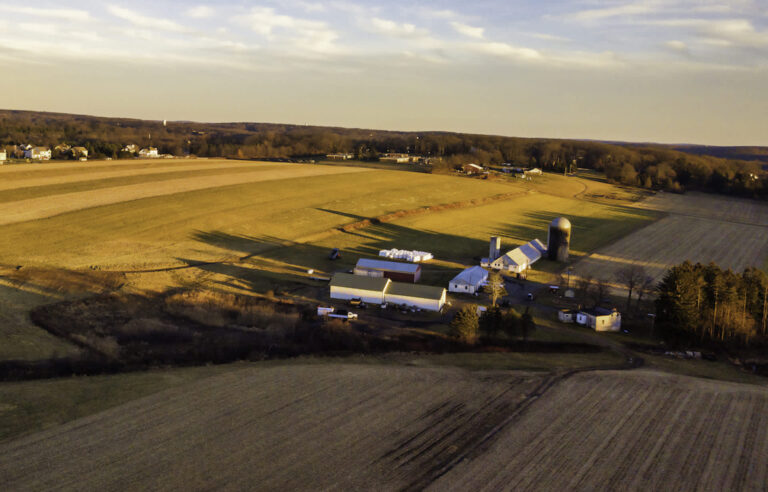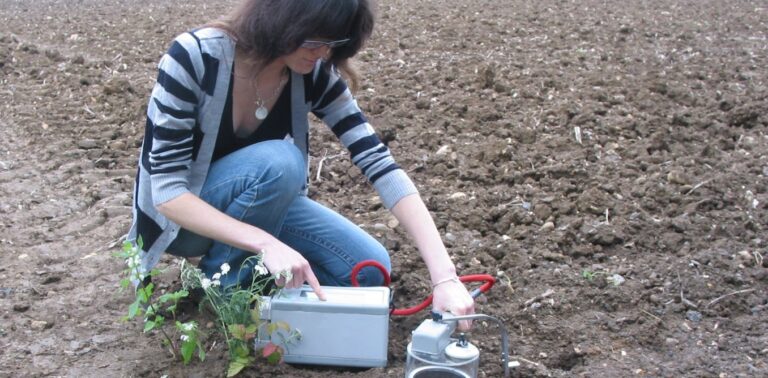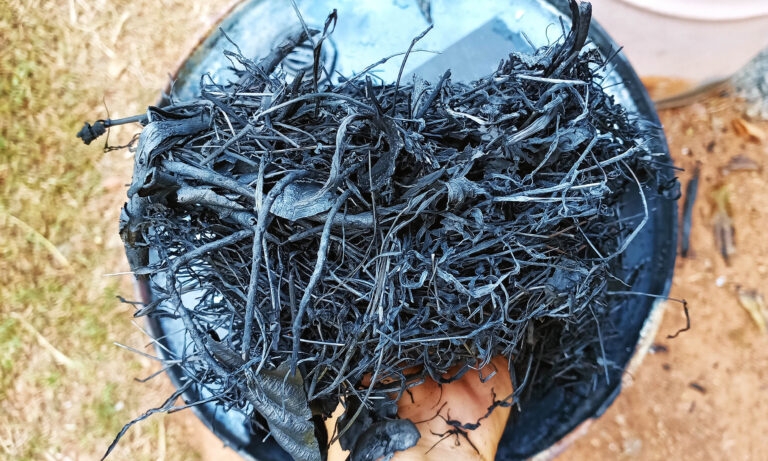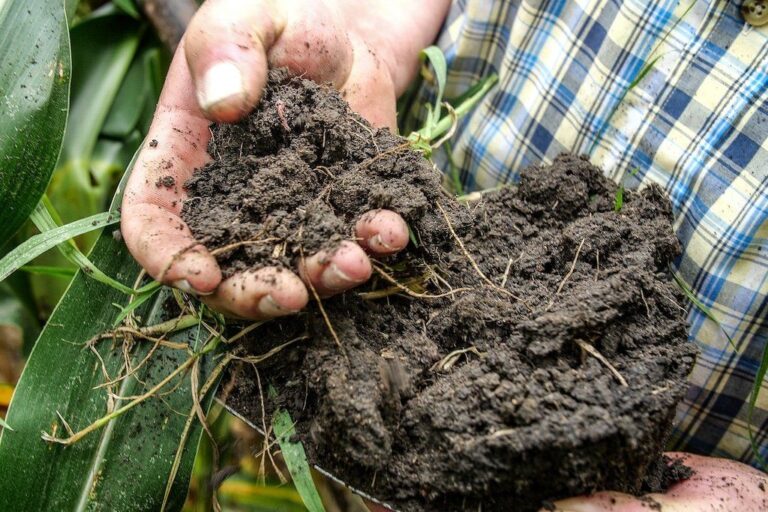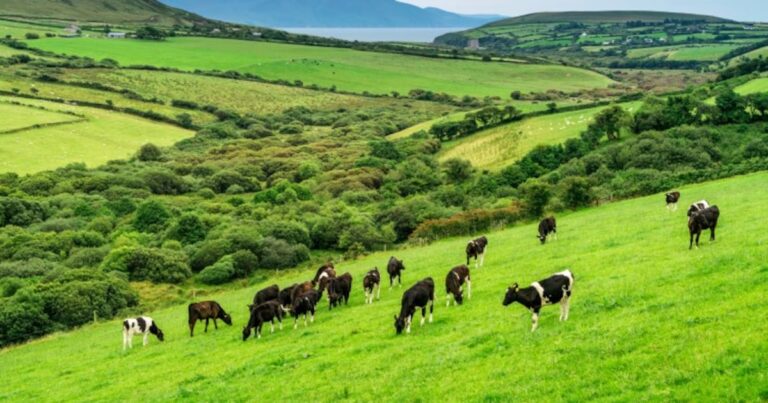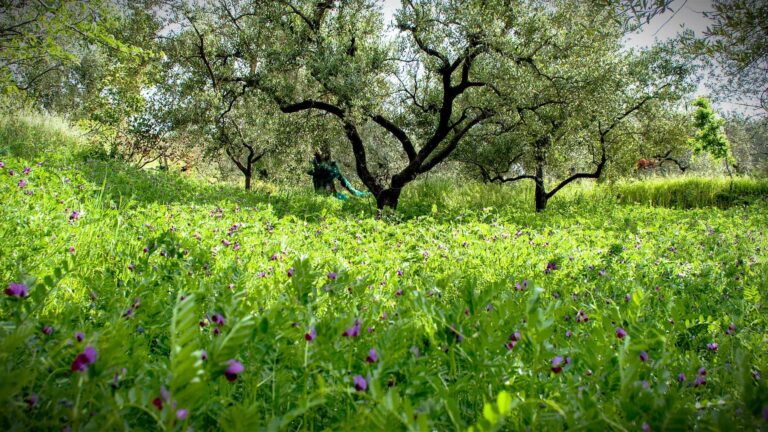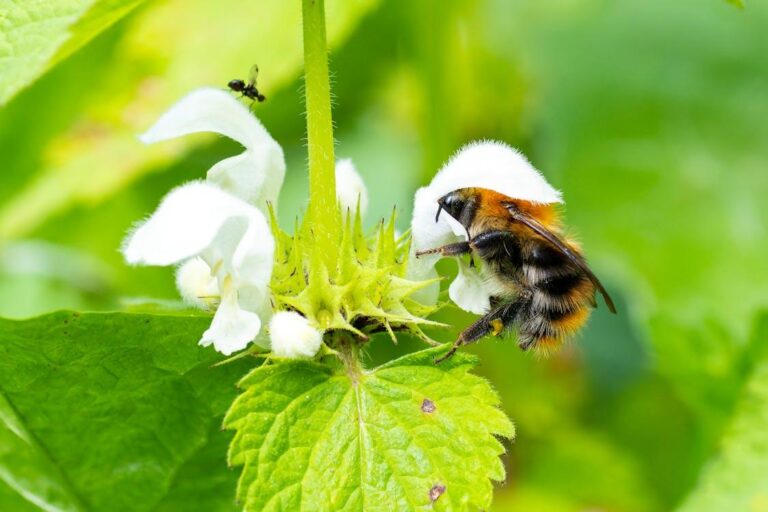Scientists make game-changing discovery with centuries-old farming method
A new study published in Ecological Processes reveals that no-tillage farming — a technique that avoids plowing — can significantly improve soil health while reducing carbon pollution. Researchers found that NT farming increases soil carbon storage, enhances microbial activity, and prevents degradation, making it a promising tool for sustainable agriculture. With the changing climate and…

